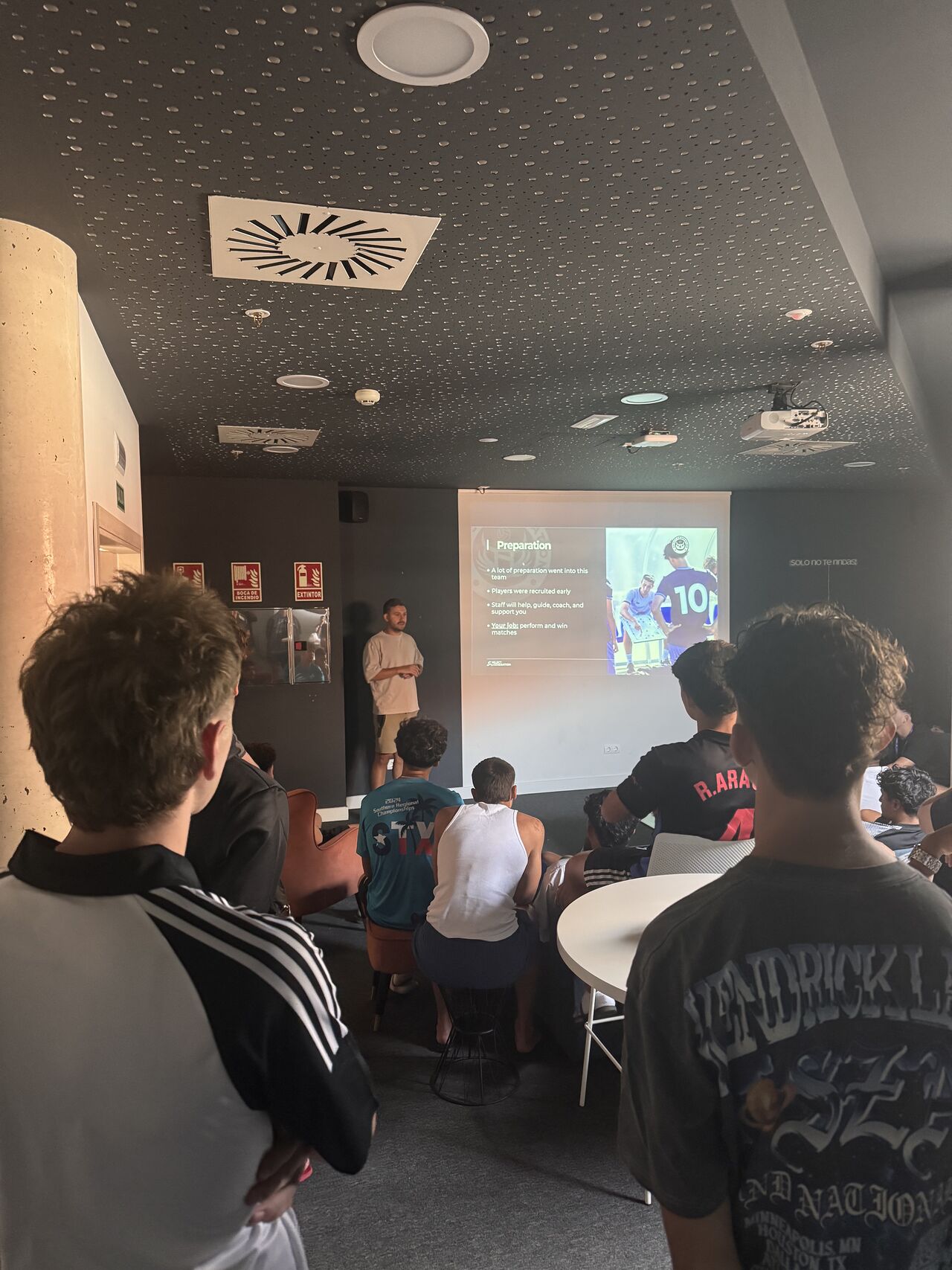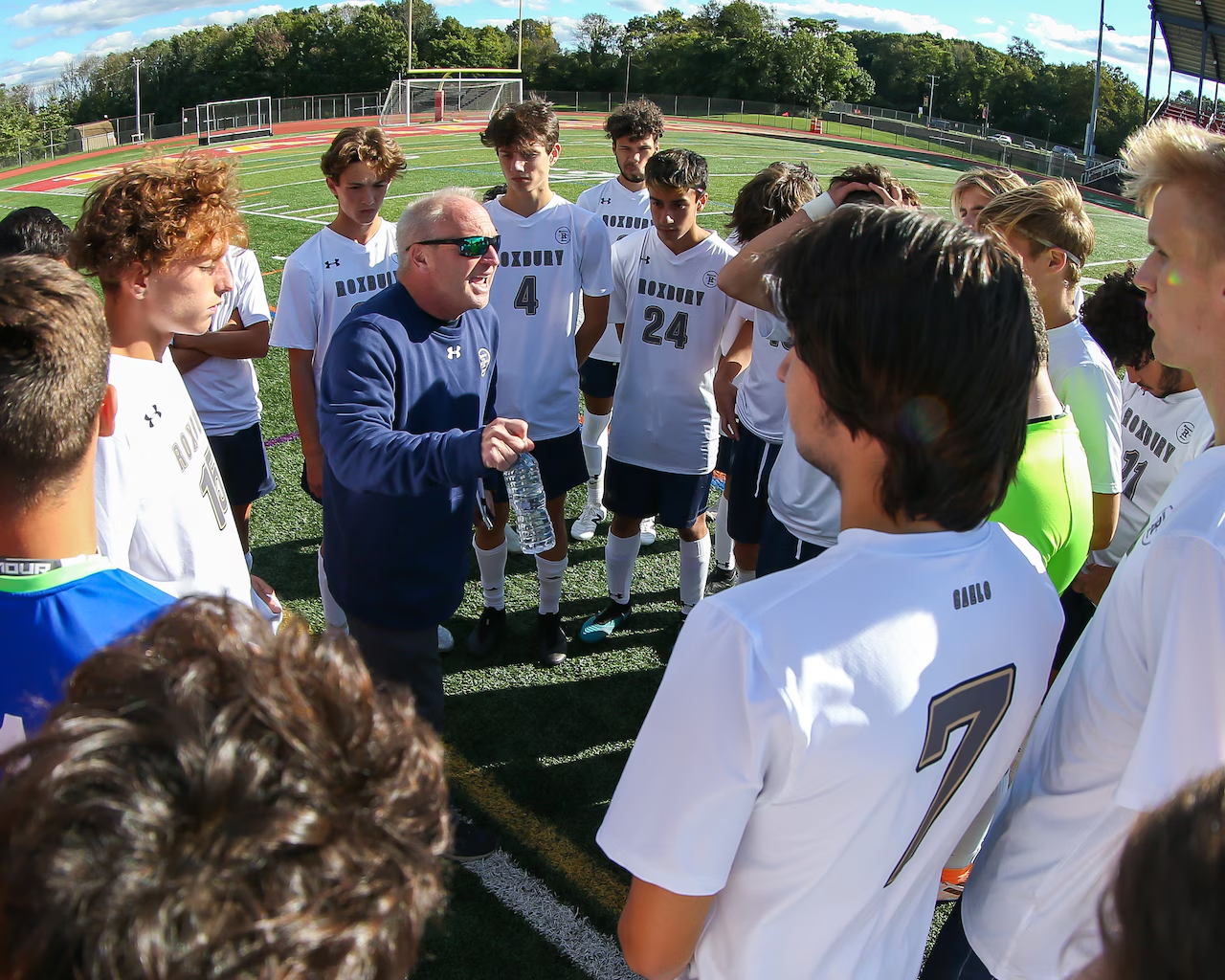Maintaining strong academic performance is crucial for aspiring college soccer players, as grades play a significant role in eligibility and recruitment. In this blog, we’ll explore why academics matter, how they impact opportunities, and tips for balancing schoolwork and sports to meet the expectations of college programs.
The Link Between Academics and Soccer Eligibility
Academic performance directly influences eligibility for college soccer. Governing bodies like the NCAA, NAIA, and NJCAA have specific GPA and standardized test score requirements for student-athletes. Falling short of these benchmarks can disqualify players from participating in their desired programs, regardless of their soccer abilities.
For instance, the NCAA requires student-athletes to maintain a minimum GPA in core courses and achieve qualifying scores on the SAT or ACT. Coaches value players who demonstrate discipline in academics, as it reflects their ability to manage the dual demands of college life.
Benefits of Prioritizing Academics
- Improved Recruitment Opportunities
Coaches often seek well-rounded athletes who excel both on the field and in the classroom. A strong academic record makes players more attractive candidates, as it reassures coaches that they can remain eligible and succeed in college. - Access to Scholarships
Academic scholarships can significantly reduce the financial burden of college. Players with good grades might qualify for academic aid, supplementing or even replacing athletic scholarships. - Long-Term Career Prospects
Not all student-athletes will turn professional. Excelling academically ensures players have a strong foundation for careers beyond soccer, whether in sports management, business, or other fields.
Common Academic Challenges for Soccer Players
- Time Constraints: Balancing practice, games, and travel with schoolwork can be overwhelming.
- Pressure to Perform: Athletes may prioritize soccer over academics, risking poor grades.
- Lack of Resources: Some students struggle to access academic support while focusing on sports.
Tips for Maintaining Good Grades
- Develop Time Management Skills
Create a schedule that allocates time for studying, practice, and rest. Use planners or digital tools to track assignments and deadlines. - Seek Academic Support
Take advantage of tutoring, study groups, or academic advising offered by your school. Coaches also often provide resources to help athletes stay on track. - Communicate with Teachers and Coaches
Inform your teachers and coaches about your commitments. They may offer flexibility or assistance to help you manage both responsibilities. - Prioritize Core Classes
Focus on core courses required by the NCAA or other organizations. Doing well in these classes ensures you meet eligibility criteria. - Set Academic Goals
Aim for a GPA higher than the minimum requirement to give yourself a buffer. Setting high standards keeps you motivated and prepared.
How Coaches View Academic Performance
Recruiters and coaches often see academic success as a reflection of a player’s work ethic, discipline, and ability to handle challenges. A strong GPA can make a difference when competing with equally talented players.
Balancing Academics and Athletics
To succeed in both areas, consider these strategies:
- Plan Ahead: Stay organized and start assignments early to avoid last-minute stress.
- Stay Healthy: Proper nutrition, sleep, and stress management enhance focus and productivity.
- Leverage Downtime: Use travel or breaks during tournaments to study or review material.
Real-Life Example
Consider a high school soccer player who balances a 3.8 GPA while playing on a competitive travel team. Their academic success not only meets eligibility standards but also attracts interest from multiple colleges offering academic scholarships, making their soccer journey more accessible and fulfilling.
Final Thoughts
Maintaining good grades is more than a requirement—it’s an opportunity to showcase your commitment, discipline, and readiness for the challenges of college life. Aspiring college soccer players should remember that strong academics open doors to better recruitment opportunities, scholarships, and a secure future, both on and off the field.
By prioritizing education alongside soccer, you’ll set yourself up for success in every aspect of your journey.
Learn more about Balancing academics and athletics, tips for aspiring college soccer players: https://www.selectgeneration.com/blog-post/balancing-academics-and-athletics-tips-for-aspiring-college-soccer-players
.svg)










